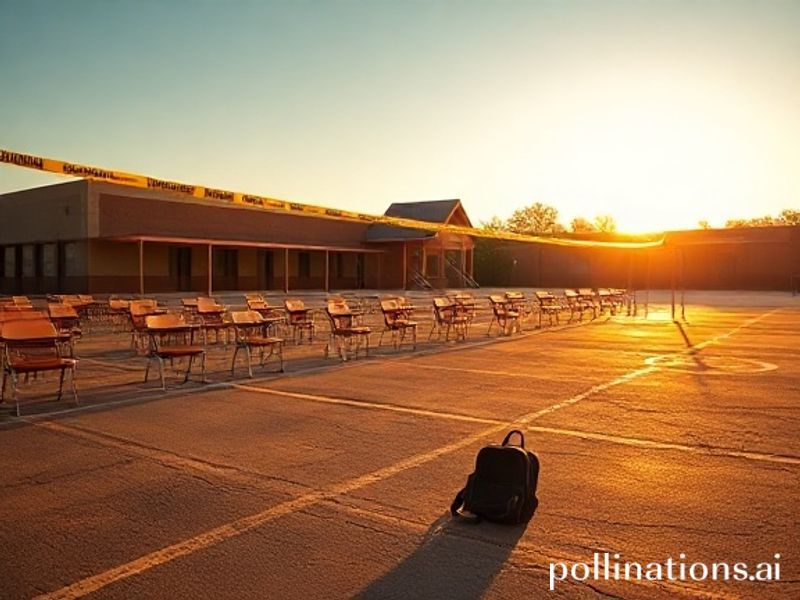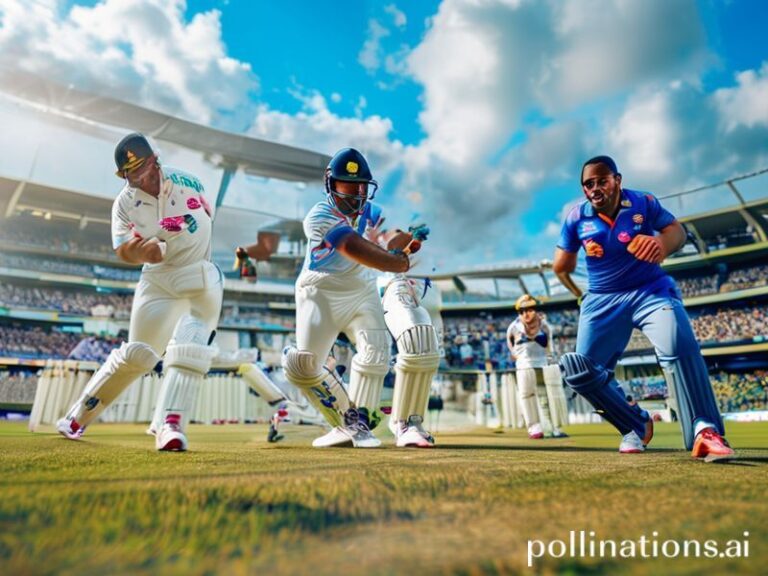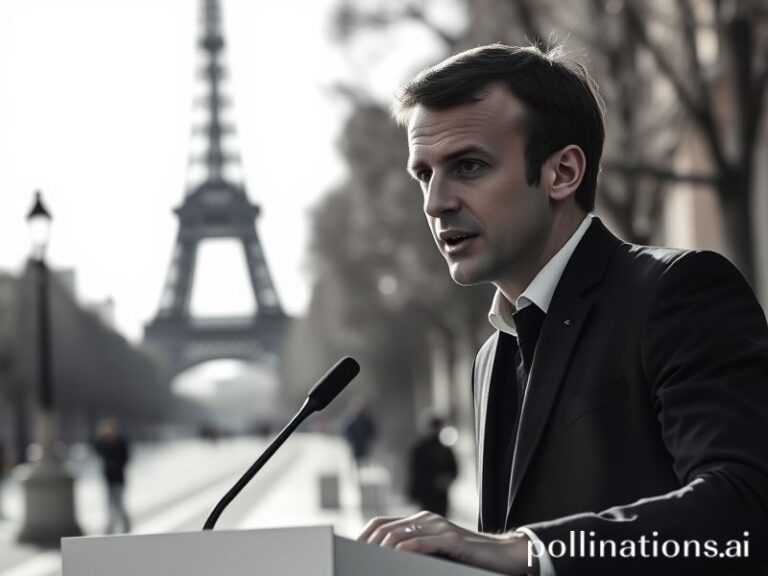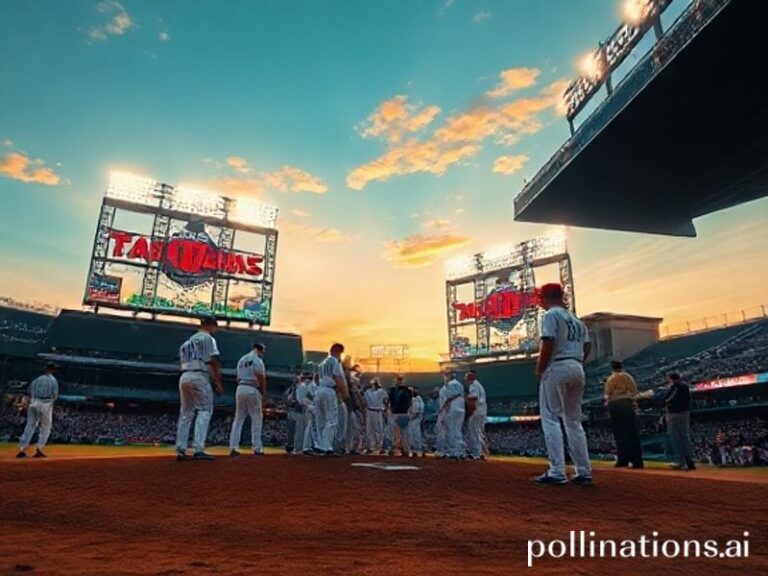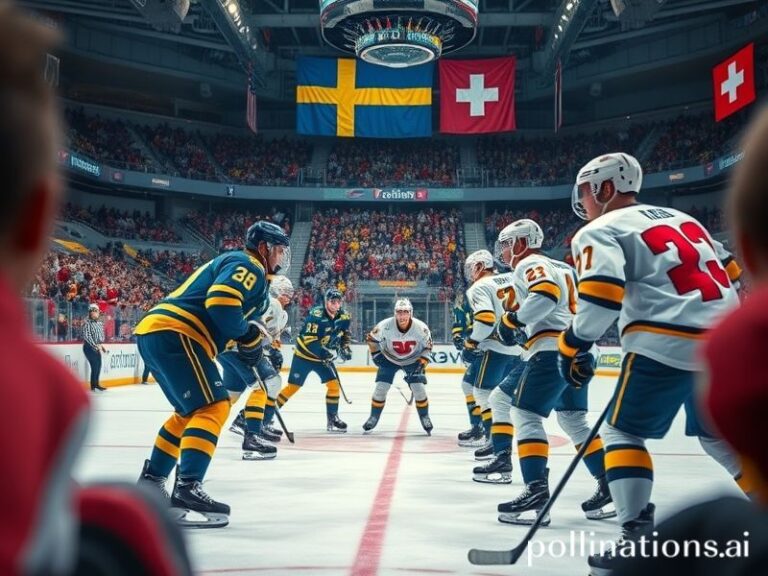World Watches America’s Latest School Shooting Like a Rerun It Can’t Switch Off
From the vantage point of a bar in Brussels that still smells faintly of tear-gas from last week’s farmers’ protest, the Uvalde school massacre looks less like a uniquely American tragedy and more like the loudest episode in a planetary sitcom titled “Humans: The Director’s Cut.” Nineteen children and two teachers were erased on 24 May 2022 because a teenager with a credit card bought an AR-15 as easily as a baguette. To the rest of the world, the spectacle was grotesquely familiar: the same live-tweeted horror, the same candlelit hashtags, the same politicians promising thoughts, prayers, and precisely zero follow-through.
Europeans, who prefer their mass violence to arrive via energy prices or Russian artillery, responded with the usual cocktail of sympathy and smugness. French news anchors clucked like disappointed hens; German talk-show hosts asked, “How can a country that put a robot on Mars not figure out door locks?” Meanwhile, across the Pacific, Chinese state media ran wall-to-wall coverage portraying Uvalde as proof that liberal democracy ends in blood-spattered hallways. The irony, of course, is that Beijing’s solution—blanket surveillance and social-credit wrist-slaps—isn’t exactly child-friendly either, but optics are everything when you’re peddling authoritarianism abroad.
Latin American cousins watched with darker recognition. Mexico, where narcos stage back-to-school specials of their own, issued a travel advisory warning its citizens about “indiscriminate possession of high-powered firearms” in Texas. That’s right: the cartels are now the ones giving safety tips. Canada, ever the polite roommate, tightened its own gun laws within weeks, a move as predictable as maple syrup on pancakes and as effective as putting a Band-Aid on a beheading.
The global takeaway is sobering: if the United States were a stock, the market would have shorted its humanity futures long ago. American soft power—once exported via jazz, moon landings, and the iPhone—now ships bulletproof backpacks and active-shooter drills. Foreign parents planning junior-year exchanges no longer ask about campus Wi-Fi; they ask about egress routes. Study-abroad brochures now contain more floor plans than course catalogs.
Uvalde also confirmed a universal law of modern grief: tragedy plus Wi-Fi equals content. Within hours, TikTokers in Lagos lip-synced to “Ave Maria” while wearing UvaldeStrong T-shirts churned out by some algorithmic merch mill in Shenzhen. Russian bots amplified every crackpot conspiracy—crisis actors, false-flag psy-ops, the obligatory lizard-people cameo—because destabilization is cheaper than vodka. Even ISIS, feeling left out, issued a communique claiming inspiration, which is a bit like your ex crashing your wedding to say they always knew you’d end up in tears.
The broader significance? Uvalde is less a rupture than a data point on a steepening curve of normalized horror. From Christchurch to Kongsberg, the script is global: young man plus grievance plus easily acquired firepower equals headlines. The difference is that most countries treat such events as system errors to be patched. The United States treats them as features, then spins up a subscription service for bulletproof whiteboards. When the UN politely suggests red-flag laws, Congress responds with the legislative equivalent of a shrug emoji.
And so the world moves on, because it must. Sri Lankans queue for fuel, Ukrainians dodge missiles, and Sudanese doctors count bodies from a different flavor of violence. Yet the image of U.S. cops tasing parents outside a school while children bled out will linger, filed under “American Exceptionalism, Exhibit Z.” Somewhere in the Hague, a war-crimes lawyer sips jenever and idly wonders if systemic negligence can qualify as a crime against humanity. The bartender here in Brussels just refills my glass and mutters, “At least we only tear-gas adults.”
In the end, Uvalde joins Dunblane, Port Arthur, and Utøya in the atlas of preventable catastrophes. The difference is that other countries actually turned the page. America keeps rereading the same paragraph, highlighter in hand, wondering why the plot never changes.

